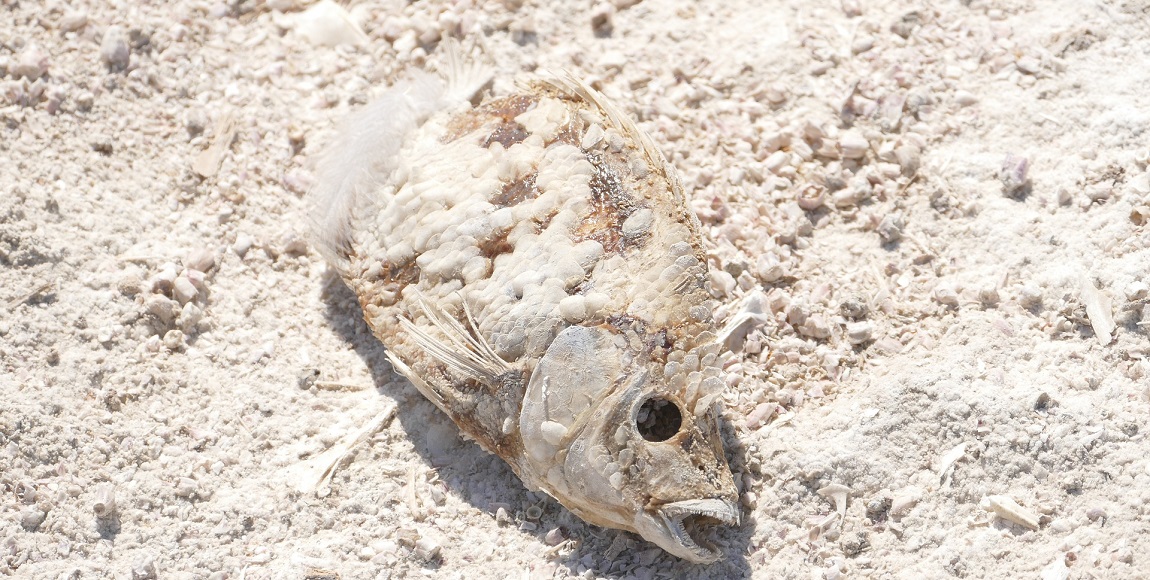We are currently facing a huge environmental crisis worldwide – the impacts of plastic on the environment are not only a problem in developing countries but in developed countries too. As humans we naturally develop ways of making our lives more convenient without thinking about the longer term consequences, writes SUMAIYA ARABI.
In recent years, the plastic pollution problem that we’re faced with has been highlighted more than ever before. Most people have seen the video of the sea turtle with a straw up its nostril or the seahorse holding onto a plastic ear bud and drifting in the ocean! Don’t get me wrong, I’m not against plastic at all, if anything I feel that it is quite a wondrous piece of moldable material. The problem is not plastic; it’s US and our view that it is worthless! All we need to do is give it value and we’ll see a positive change.
From plastic used to package fresh produce, to single-use plastic bags to carry groceries, these are all human inventions aimed at making our lives easier. And then came along the simple, single-use plastic straw. Invented in the 1800s from paper, it’s evolved into a convenient catastrophe. When did we become incapable of drinking anything straight out of a cup? When did it become a norm for vendors to provide plastic straws every time you purchased a drink? Plastic straw use may not seem like a big deal to the average person, but it really is. So, let’s think about it – you buy a drink at your local restaurant and get a plastic straw with it. It’s free so of course you are going to use it. Now, if every customer took a single-use plastic straw every time they purchased something to drink think about the volume of straws that are being disposed of.
The reality is that the form that plastic straws occur in is not recyclable and therefore ends up in landfills, in rivers, and ultimately in the sea. Hundreds of millions of straws are used daily worldwide and are among the top 10 items collected in International Coastal Clean-ups worldwide. The statistic that there will be more plastic in the ocean than fish by 2050 should really shock us into changing our mind-sets and our lifestyles. This simple plastic tube is killing our animals and water systems, and the proof of this is in the increase in the number of dead birds and marine animals washing up with tummies full of plastic.
There has been a drive recently to try to ban the plastic straw altogether – and we’ve managed to achieve this in some countries. Let’s go back to the good old days when people were driven to find solutions to problems, not just accept them. Alternatives like paper, steel, and glass straws are available; they just need to be marketed more efficiently. In developing countries, where unemployment rates are so high, can’t we come up with opportunities to create jobs in the plastic waste industry? Pressure is being put on businesses to take their social corporate responsibility seriously and to put efforts into sustainable business practices. However, businesses look for options that are simple and least costly, so committing to such a change needs huge amounts of buy in and convincing.
The most effective way to get businesses to commit to more sustainable packaging options is for society to put pressure on them. We need to take a stand and refuse to purchase items in unnecessary plastic packaging, take our own reusable shopping bags for groceries, stop purchasing from stores that refuse to listen to its customers and say NO to the STRAW! Use social media to have your voice heard and to make a positive change.
At the end of the day, by supporting the single-use plastic industry, we should all feel responsible for contaminating our waterways, our oceans, and ultimately our food chain. The next time you think of using a single-use plastic straw, stop and think about the fact that you are choosing to use an item for a few minutes of convenience but leaving a long-term impact on the planet.
Drink straight out of the cup or bottle. After all you probably do that at home without thinking so why use a straw when in public? And if after all of my ranting and raving, you haven’t been convinced to make more conscious decisions, participate in the next beach or coastal clean-up near you. Give up some of your personal time, do something good, take your family with and get involved. You will be shocked at what washes up on our beaches and estuaries.
Maybe seeing the problem first-hand will motivate you to make that change – just do something.
Sumaiya Arabi is a Durban-based marine biologist with a Masters degree in marine and coastal management. She spends her spare time indulging in nature and loves wildlife photography. Sumaiya tries her best to inspire those around her to explore the natural beauty that surrounds them and to be conscious of the footprint they leave. She is a firm believer that making a change is possible, one action at a time. Follow her on instagram: @sumaiyaarabi.
The views expressed in this article are the author’s own and do not necessarily reflect the editorial policies of The Daily Vox.









